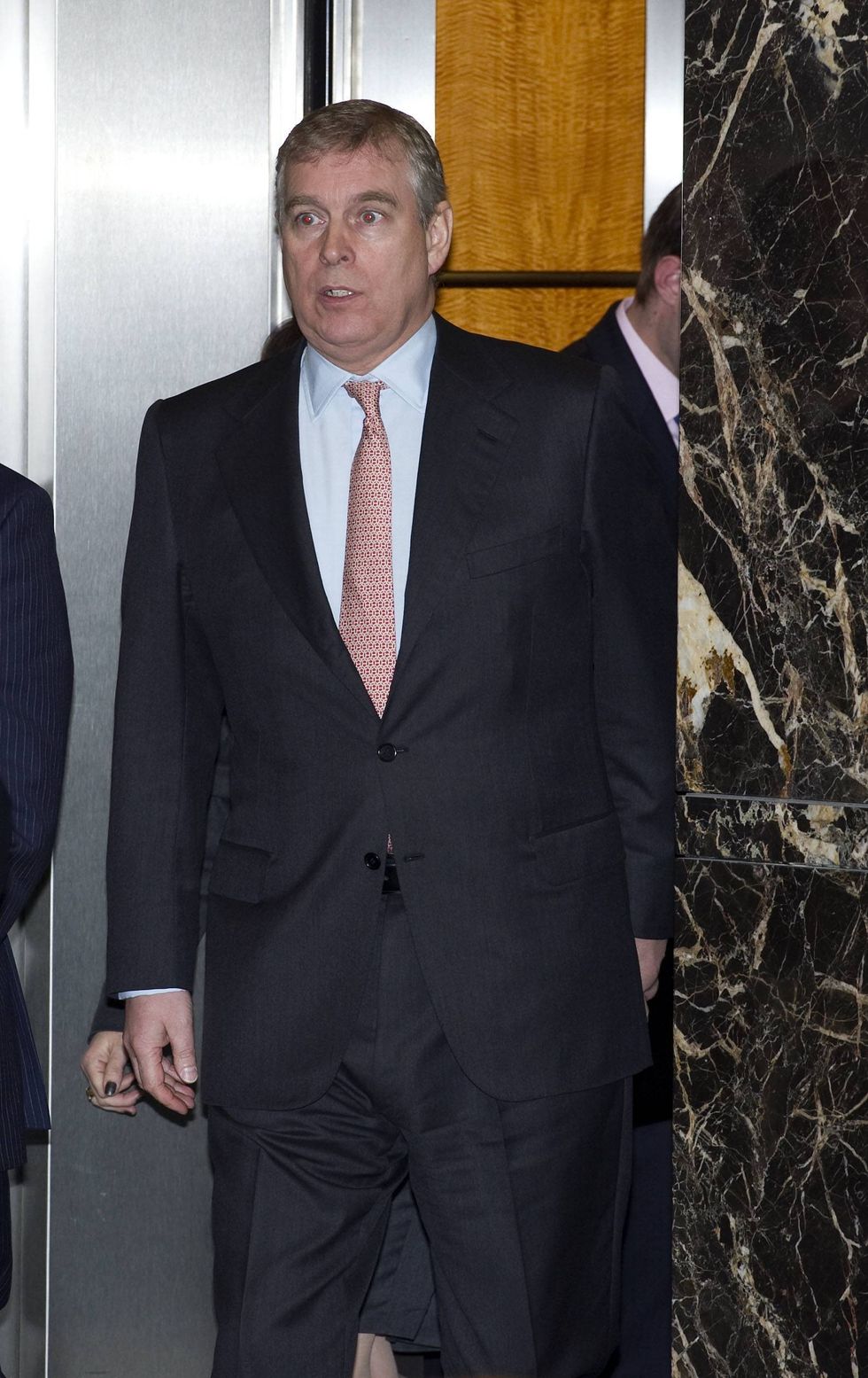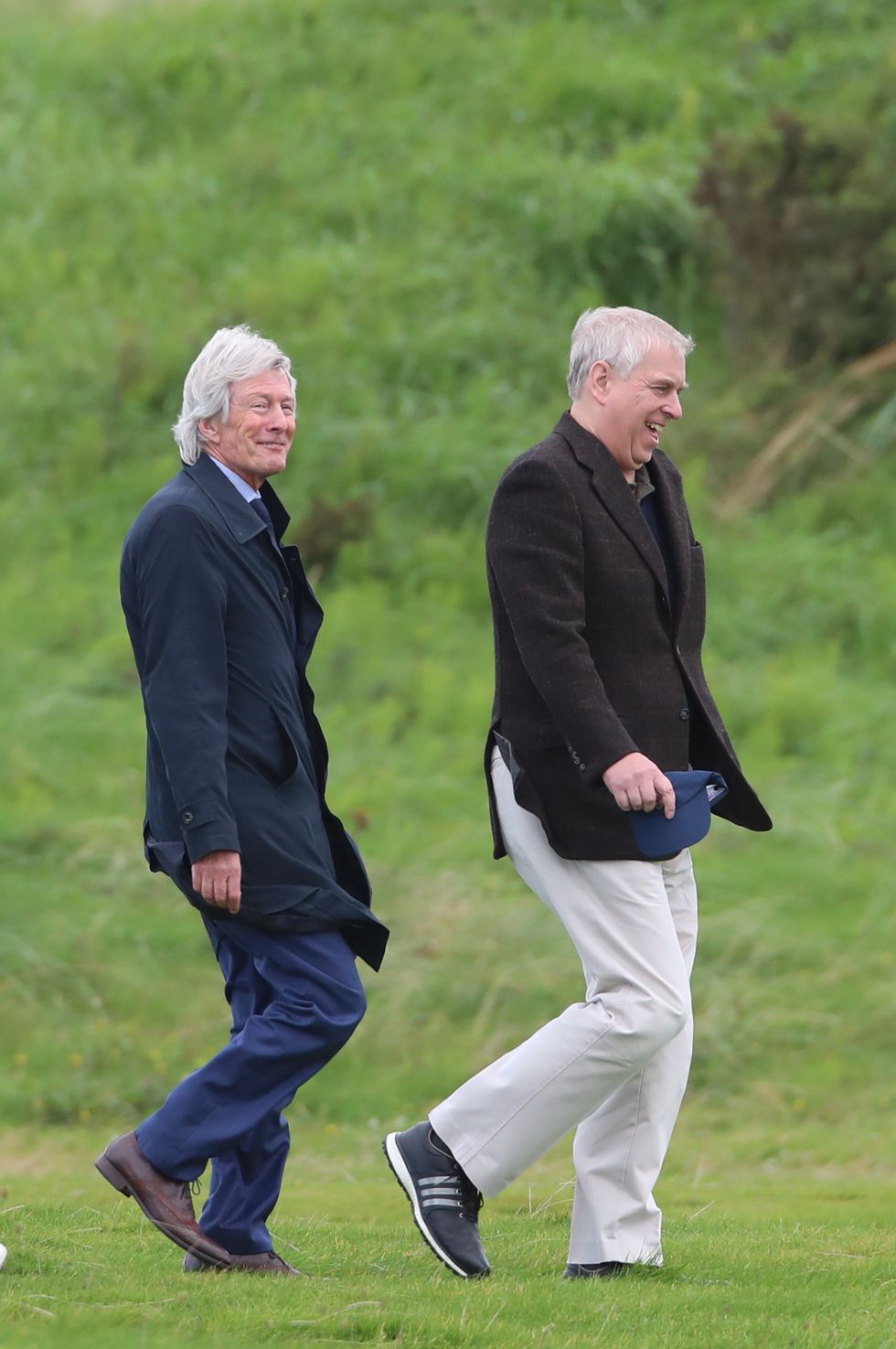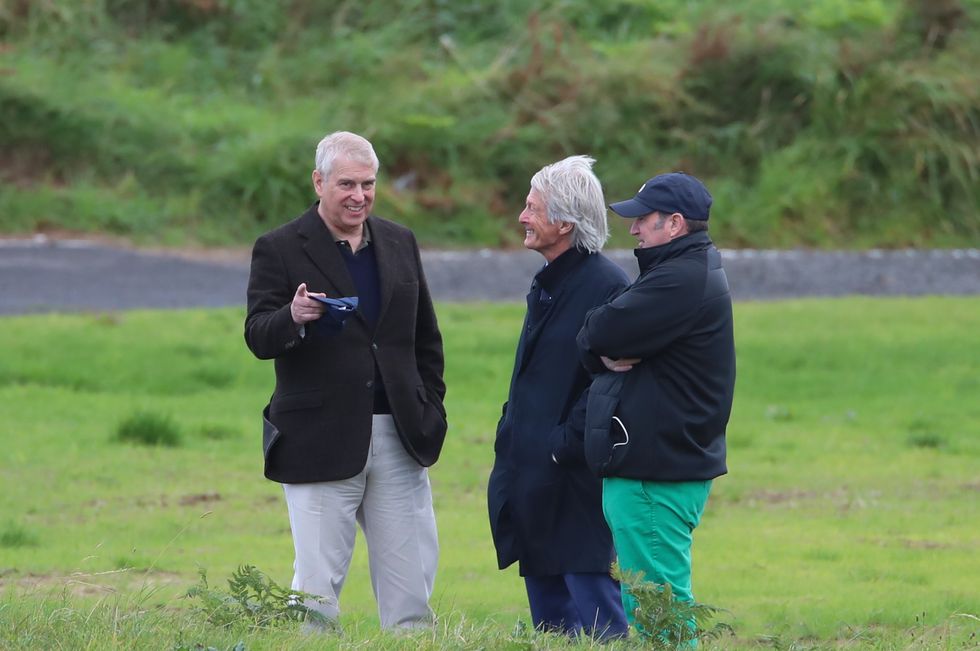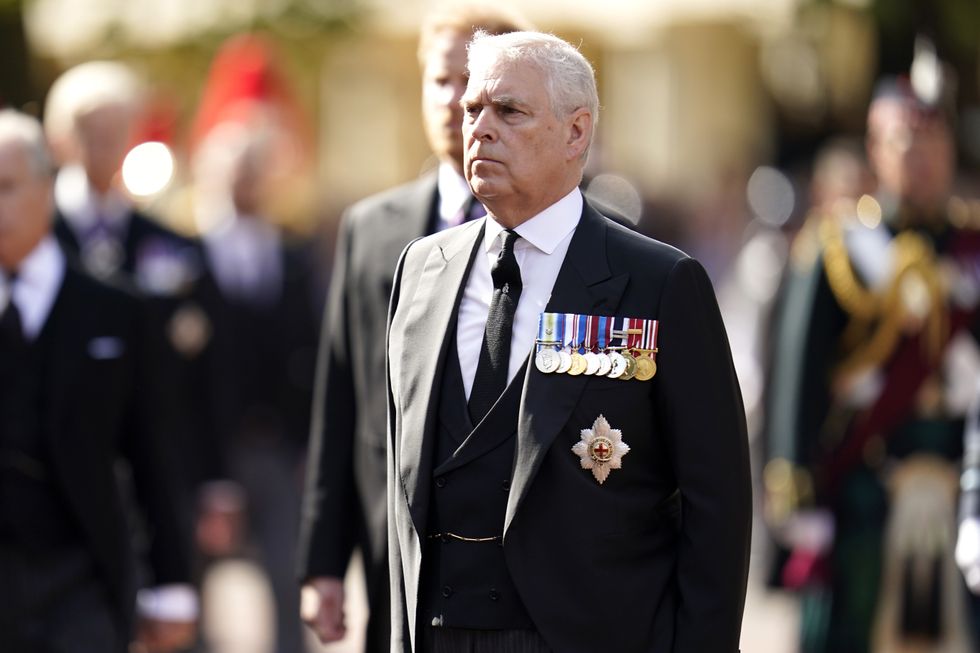Buckingham Palace blamed for Prince Andrew's downfall by Duke of York's close family friend
Getty
A lawyer has suggested it was a mistake by the Palace to not publicly address facts after the Duke of York’s career-ending Newsnight interview
Don't Miss
Most Read
Trending on GB News
Buckingham Palace let down Prince Andrew in its handling of the royal’s sex abuse case, one of his close friends has claimed.
Paul Tweed, a lawyer and close friend of the York family, has criticised the Palace and Andrew's legal team for causing, what he views, as a litany of failings.
In a new book, Tweed argues the price paid by Prince Andrew “could hardly have been higher”.
He also suggested it was a mistake not to publicly address the facts in the immediate aftermath of the Duke of York’s career-ending Newsnight interview.
 Buckingham Palace blamed for Prince Andrew's downfall by Duke of York's close family friendGetty
Buckingham Palace blamed for Prince Andrew's downfall by Duke of York's close family friendGettyTweed additionally believes it was a mistake not to engage with Virginia Giuffre’s lawyers from the outset, which may have avoided the subsequent service of legal papers.
The way in which the out-of-court settlement was handled fuelled the impression that the Duke of York was forced to “buy off” Giuffre, Tweed has claimed.
The book, "From Holywood to Hollywood, My Life as an International Libel Lawyer to the Rich and Famous", describes how Tweed was asked to advise Sarah Ferguson in 2016, six years after she fell victim to the News of the World’s "fake sheikh" sting, going on to secure “a number of settlements and apologies for her”.
He has since become a friend of the York family, joining them in the royal box at Ascot in 2016, attending Princess Eugenie’s wedding in 2018 and occasionally advising Prince Andrew in an unofficial capacity.

Paul Tweed and Prince Andrew photographed in 2019
PA
Tweed has devoted one chapter of his book to how he believes Prince Andrew was tried in the court of public opinion following his 2019 Newsnight interview, which marked the end of his royal career.
The Duke of York was convinced it would allow him to demonstrate his innocence and to persuade viewers that he had never abused the teenage Giuffre, as she had alleged.
However, Andrew failed to express any regret over his friendship with Jeffrey Epstein, the convicted sex offender, or empathy for his victims during the interview.
Tweed told The Telegraph that he did not intend to criticise the decisions made on behalf of the Duke of York, acknowledging that he did not represent him and was not party to the discussions at the time.

Paul Tweed has become a close friend of the York family
PA
“Hindsight is a wonderful thing,” he told the publication.
“For all I know, Andrew may have been given the best advice and chosen to ignore it. My point is that the court of public opinion has far more of an impact than the court of law.”
In the book, Tweed admitted he was astonished that the Newsnight interview was allowed to go ahead, not least given that “everyone close to him”, including his ex-wife, urged him not to do it.
“For Prince Andrew to expose himself to unrestricted cross-examination by a very experienced interviewer, who would have undertaken extensive research and prepared questions well in advance, could not possibly offer any upside in any circumstance to anyone,” he wrote.
 Prince Andrew was interviewed by Emily Maitlis on Newsnight in 2019PA
Prince Andrew was interviewed by Emily Maitlis on Newsnight in 2019PAHe claimed that the duke’s “focus, demeanour and presentation” were all wrong, which as a result gave entirely the wrong impression.
Four days after the interview, Buckingham Palace issued a statement, in which the duke accepted his association with Epstein “had become a major disruption to my family’s work” and that he was giving up his public duties.
In January 2022, shortly before Andrew settled his civil case with Giuffre, the Palace announced his military titles and royal patronages had been returned to Queen Elizabeth II.
Tweed suggested such reactive public statements gave the impression they had been “dragged out” of a reluctant Duke of York, leading to an increased negative public opinion.
The statements “came across as defensive rather than proactive” and infuriated at least one of the duke’s PR advisers, Tweed claimed.
Buckingham Palace has been approached by GB News for comment.








